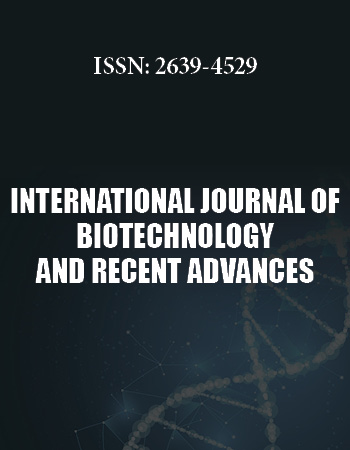European Microbiology Research Conference
December 3-4, 2018 Valencia, Spain
In-Vivo Evaluation of Sweet Potato Leaves (Ipomoea batatas) Extracts for the Treatment of Psoriasis using Mouse Model
USIM, Malaysia
Psoriasis is a complex genetic disease involving both autoimmune and inflammatory components. It has worldwide prevalence and affects both men and women over a wide age range. In Malaysia, about 2% of the population are affected. The typical aetiology of psoriasis is unknown, but it is evident that an immune-mediated inflammatory disorder associated with complex genetic susceptibility is involved and treatments are basically symptomatic and non curative. The use of complementary and alternative medicines is common among psoriasis patients. In Malaysia, sweet potato leaves (SPL) of different cultivars have been used as a complementary or alternative therapy for psoriasis with a strong belief being effective. The mouse model of psoriasis was induced chemically by topical Imiquimoid application onto shaved skin of the examined BALB/c mice, following the same protocol described by van der fits et al. (2009). It was confirmed histologically that the resulting lesions were typical to psoriasis vulgaris as confirmed by dermatologist. Flow cytometry showed increased number of CD3+, CD4+, CD19 cells in the peripheral blood which is a sign of inflammatory reaction seen in acute psoriasis. Evaluation of the induced psoriasis lesionʼs response to the SPL concentrated extracts depended on clinical observation based on modified PASI (Psoriasis Area and Severity Index) score, histopathological examination of skin sections and molecular assays of TNF-alpha and INF-gamma as sensitive bio-markers of psoriasis. The examined lesions responded to topical lipophilic sweet potato leave (SPL) extract treatment with significant histopathological, immunological and molecular improvement compared to hydrophilic-SPL treated and negative control groups. The results showed clinical improvement in the lipophilic treated group, as scored by modified PASI. Histopathological changes showed significant reduction of epidermal thickness, reduced rete ridges size and less vascular formation in mice treated with lipophilic SPL extract. Immunological and molecular parameters showed significant decrease in the inflammatory biomarkers namely TNF-alpha and gamma IFN and the percentage of double negative T cells in both treated groups, though more pronounced in lipophilic SPL group. Overall, substantial evidence of the anti-inflammatory properties of SPL lipophilic extract in the examined mouse model of acute psoriasis thus should encourage further studies in human models.


